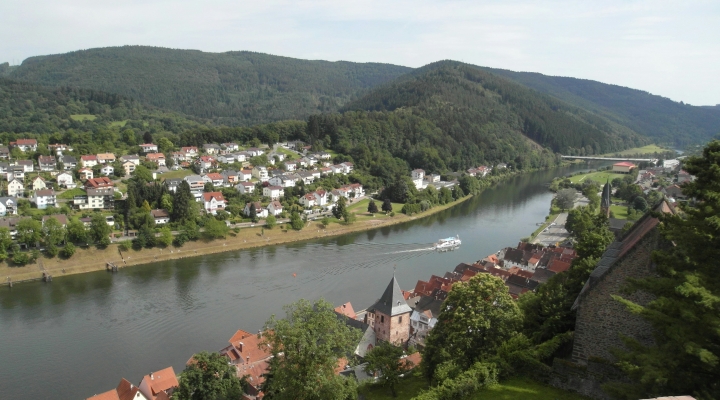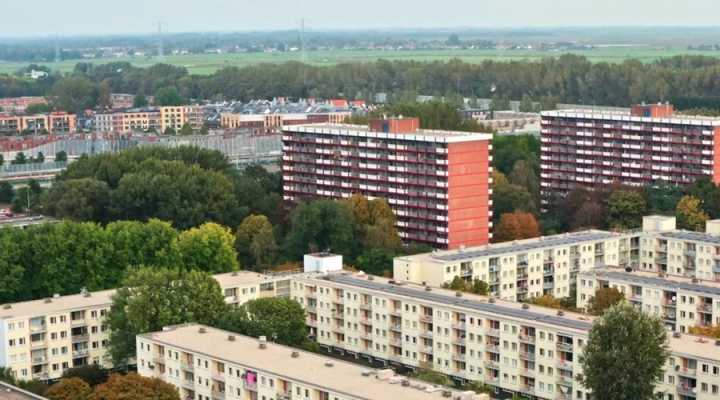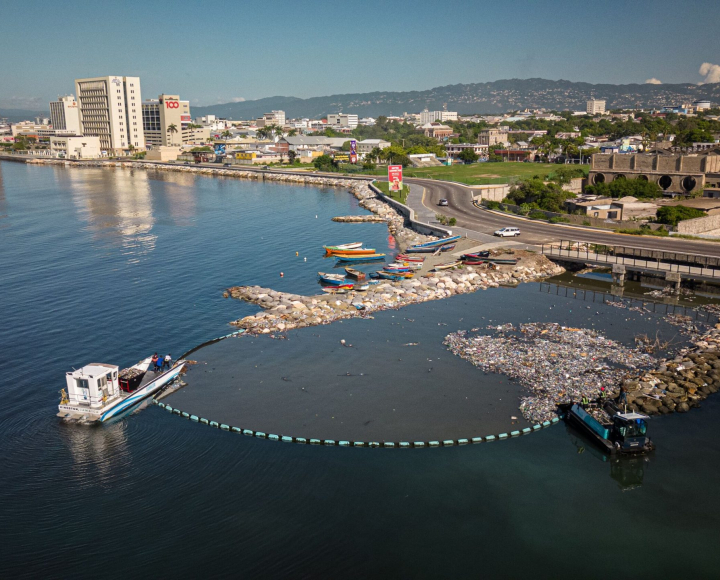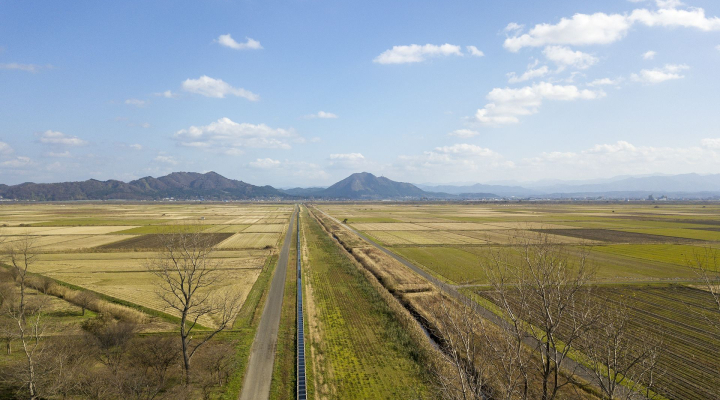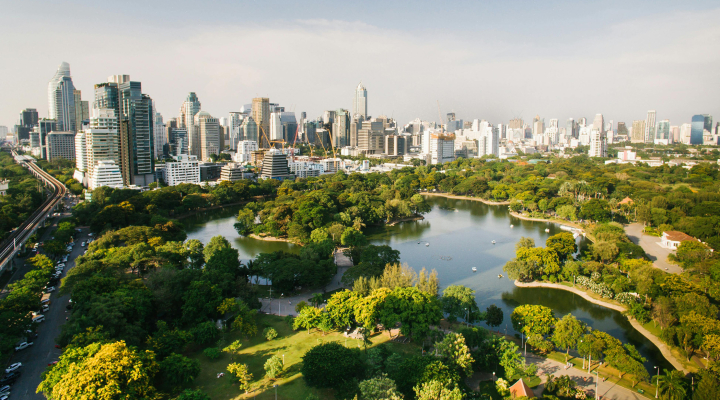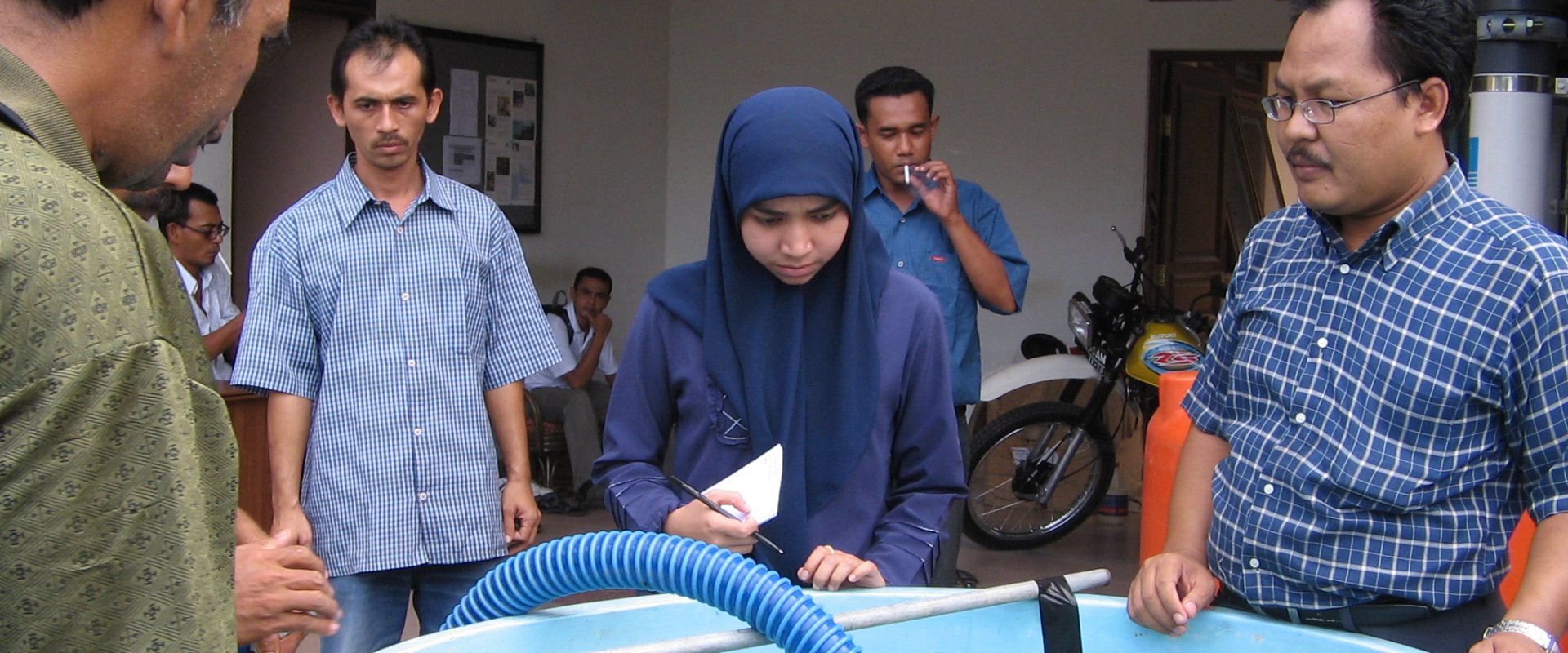
Knowledge & Capacity Symposium: Investing in self-confidence of water professionals
‘There are excellent leaders in every organisation but do they push the envelope far enough without getting fired right away?’, was the question posed by senior fellow dr. Veena Srinivasan of the Ashoka Trust for Research in Ecology and the Environment. She called for the investment in leadership capacity by creating more self-confidence amongst water professionals.
Srinivasan made her statement on the final day of the 6th International Symposium on Knowledge and Capacity for the Water Sector: from Capacity Development to Implementation Science organised by IHE Delft. The online event took place from 26 - 28 May.
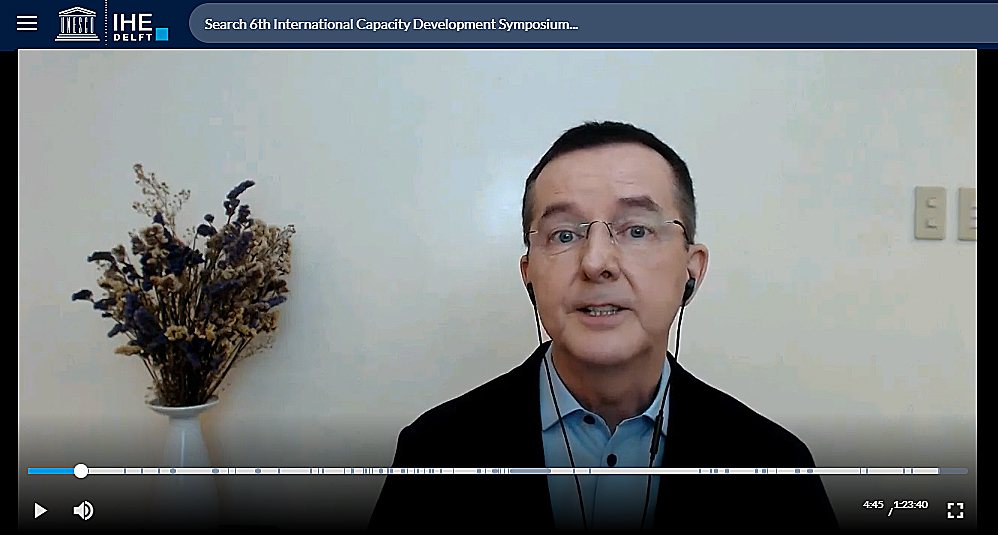

Rapid changing world
The second day of the online conference included a session that addressed the hands-on capacity needed by water professionals to make their organisations more flexible in response to a rapid changing world. The call for flexibility amongst water professionals by many speakers could not be more appropriate in the midst of the unexpected global crises that followed the Coronavirus outbreak.
The response to the outbreak adds up to the huge challenge for the global water sector to become more creative and show more leadership in contributing to the achievement of the full 2030-agenda and the Paris agreement.
The conference focused on the specific skills and knowledge people in the water sector need, to be able to stand out and make integrated water resource management really happen.
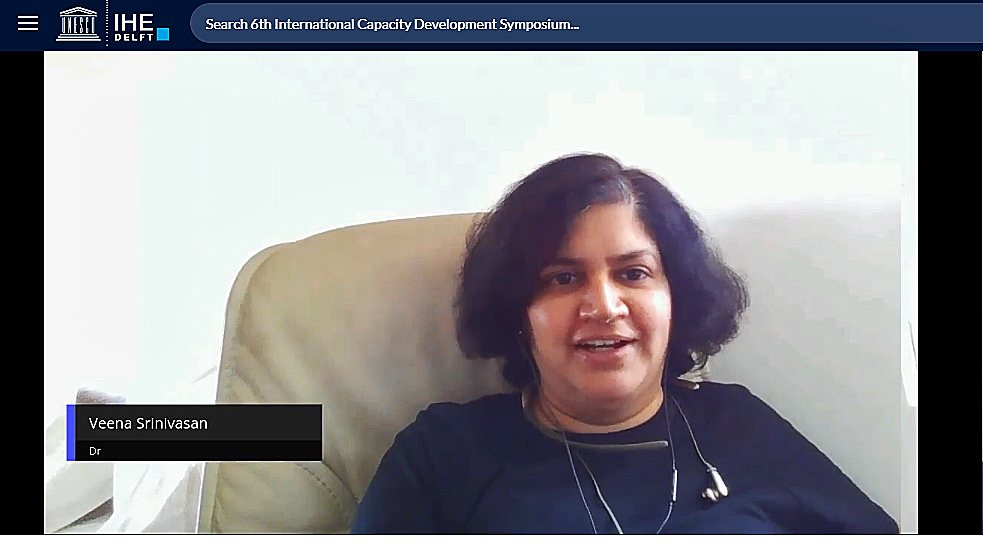

More critical on replicating
Moderator Wouter Lincklaen Arriëns of TransformationFirst.Asia pondered over what water professionals should ask themselves. What do they need to stop doing, what do they need to do more and what do they need to start?
Dr. Veena Srinivasan advised professionals to go out in the field and meet the people that are facing the daily pressures of water problems. She also called for more self-confidence. ‘I often find that people do something because it has been done before, for instance in the Netherlands, without asking whether that particular solution is relevant for a completely different landscape, different culture or different water system’, she explained.
Srinivasan mentioned that she had a hard time, as a female engineer in a male dominated water sector, to stand out and start leadership programmes right at the bottom. ‘I discovered this was a very nasty little space. I had the fortune of good coaching and this is something we should be investing in.’
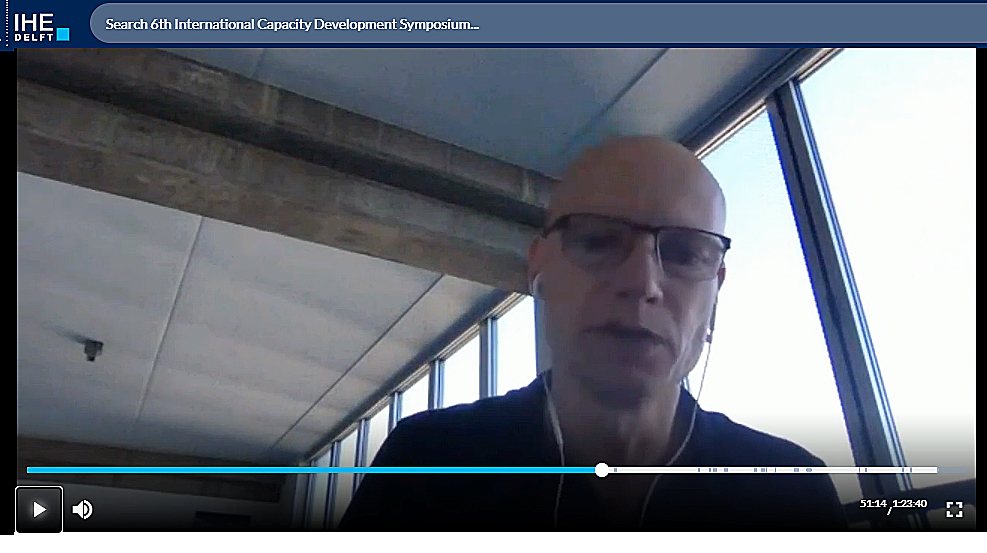

People, people and people
‘It is people that make the projects and programmes. Not the other way around’, responded Dutch water envoy Henk Ovink. His advice for water professionals was to stop working alone and incorporate a holistic approach on the SDG’s and the Paris agreement in daily work.
Ovink urged organisations to take more pride in new initiatives. ‘Create safe havens where people can talk about new ideas without immediately being judged, cut off, or forced into negotiations. Do not focus on what you might loose, but on what you can gain collectively.’
‘You see organisations jump from pilot to pilot, from programme to programme’, Ovink notes and he advised organisations to invest more in people and their environment within the organisation. ‘Maximize the opportunities to develop projects that really make a difference with additional social, economic and environmental outcomes.’
Ovink added a different view on responsiveness. ‘The bulk of today's investments go to projects that respond to disasters such as floods ,droughts, war and pandemics. With that we replicate our mistakes from the past with isolated water projects.’
Following the online conference the organisers are collecting all views and ideas from participants to produce the action oriented Delft agenda. The draft version will be presented and discussed in the High-level Concluding Panel on Thursday June 4th.
Most sessions can be reviewed on Symposium platform.




